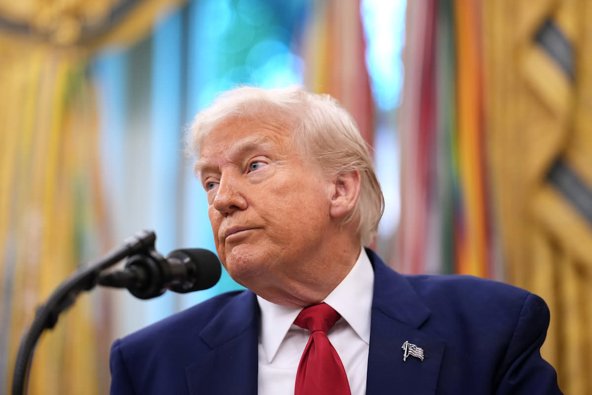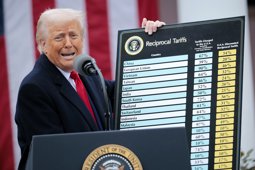
GOP Pushback on CBO Deficit Warning
Republicans challenge the Congressional Budget Office after it warned Trump’s super bill adds $2.4trillion to the deficit and cuts millions from Medicaid.
GOP Dismisses CBO Analysis as Bias Despite Credible Projections
The nonpartisan Congressional Budget Office (CBO) estimated that the House-crafted “one big, beautiful bill” would increase the national deficit by $2.4trillion over a decade and remove nearly 11 million Americans from health insurance, rising to about 16 million if key Affordable Care Act provisions also lapse :contentReference[oaicite:4]{index=4}.
Many Republican senators rejected the findings, questioning the agency’s relevance. Senator Jim Banks of Indiana asserted, “I don't care what the CBO says … They’re irrelevant to me,” accusing the agency of longstanding bias :contentReference[oaicite:5]{index=5}. :contentReference[oaicite:6]{index=6} :contentReference[oaicite:7]{index=7}.
The CBO reported that the bill would reduce revenues by $3.6trillion over ten years and expand Medicaid cuts that could leave nearly 11million uninsured :contentReference[oaicite:8]{index=8}. :contentReference[oaicite:9]{index=9} :contentReference[oaicite:10]{index=10}.
Push for Alternative Models and AI-Fueled Forecasts
White House officials rebuked the CBO projection, asserting their comprehensive plan—including spending cuts, deregulatory moves, and tariffs—would generate $6.6trillion in savings :contentReference[oaicite:11]{index=11}. :contentReference[oaicite:12]{index=12} :contentReference[oaicite:13]{index=13} :contentReference[oaicite:14]{index=14}.
Other critics envision replacing the agency with AI-driven modeling. Senator Ron Johnson of Wisconsin said, “I think just AI is gonna replace them … I don't need CBO to do these sensitivity analyses anymore, I can do it myself.” :contentReference[oaicite:15]{index=15}. :contentReference[oaicite:16]{index=16} :contentReference[oaicite:17]{index=17}.
The debate highlights deeper tension over fiscal policy. While some senators see CBO as overly pessimistic and want adjustments to its methodology, others warn that disregarding its findings threatens congressional oversight and transparency over public financing.
On one side, GOP leaders including Senate Majority Leader John Thune affirm support for the bill but signal openness to adjustments :contentReference[oaicite:18]{index=18}. On the other, Democrats and deficit hawks cite the same CBO data to urge caution and demand amendments, especially around healthcare and deficit reductions.
As the legislation advances to the Senate, its fate will likely hinge on how lawmakers reconcile the CBO’s authority with political and ideological pressures. The dispute may shape future protocols for budget analysis and the role of independent agencies in defining fiscal accountability.






